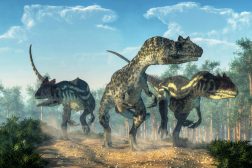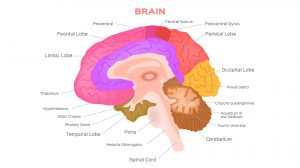Definition
noun, plural: hemoglobinopathies
A genetic disorder resulting in an abnormal globin structure in the hemoglobin molecule
Supplement
Hemoglobin is a biomolecule found in the red blood cells of vertebrates. It is made up of heme and globin portions. The heme portion of the hemoglobin is one that binds to the oxygen molecules. There are four types of globin polypeptide chains in adult hemoglobin and they are designated as alpha, beta, gamma, and delta. Hemoglobinopathy is a genetic disorder resulting in the alteration of one globin chain in the hemoglobin molecule.1 Genetic alterations occur when one or more amino acids in the globin portion of the molecule are substituted at certain positions in the alpha or beta polypeptide chains.2 Most of the hemoglobinopathies are autosomal co-dominant traits.3 An example of hemoglobinopathy is sickle cell anemia, which is a genetic disorder due to the abnormality in the hemoglobin molecule. Another is hemolytic anemia caused by a defect in the hemoglobin production.
Variant(s):
- haemoglobinopathy
See also:
Reference(s):
1 hemoglobinopathy. (n.d.) Dorland’s Medical Dictionary for Health Consumers. (2007). Retrieved from Link
2 hemoglobinopathy. (n.d.) Mosby’s Medical Dictionary, 8th edition. (2009). Retrieved July 18 2015 from Link
3 Weatherall DJ, Clegg JB. Inherited haemoglobin disorders: an increasing global health problem. Bull World Health Organ. 2001;79(8):704-712.







